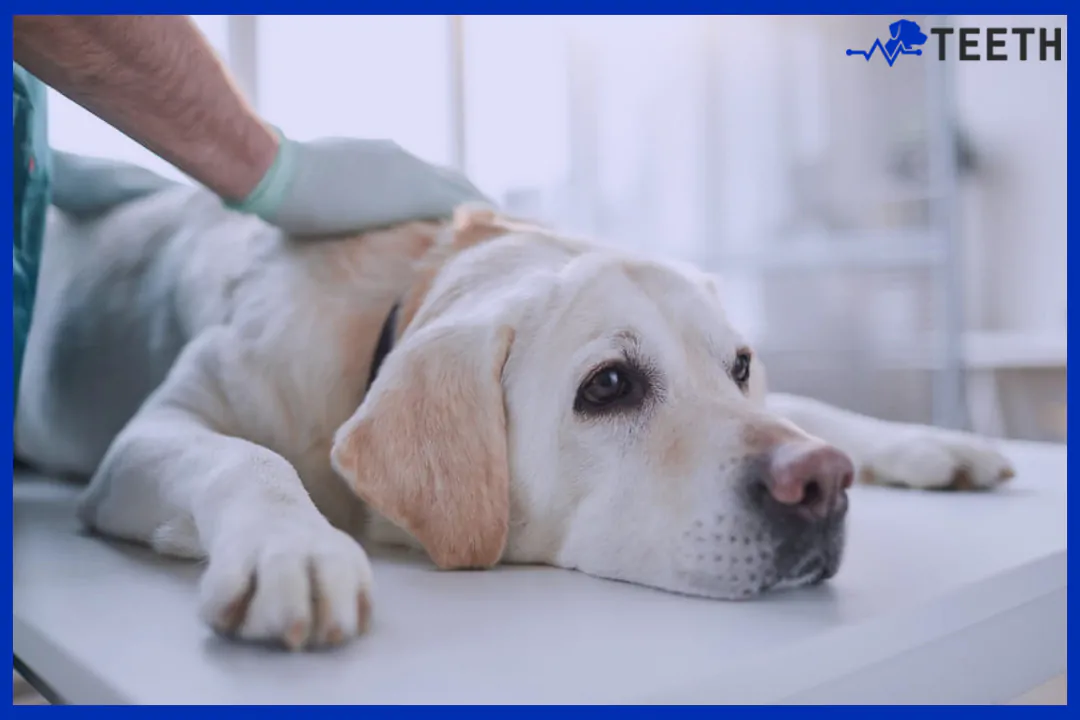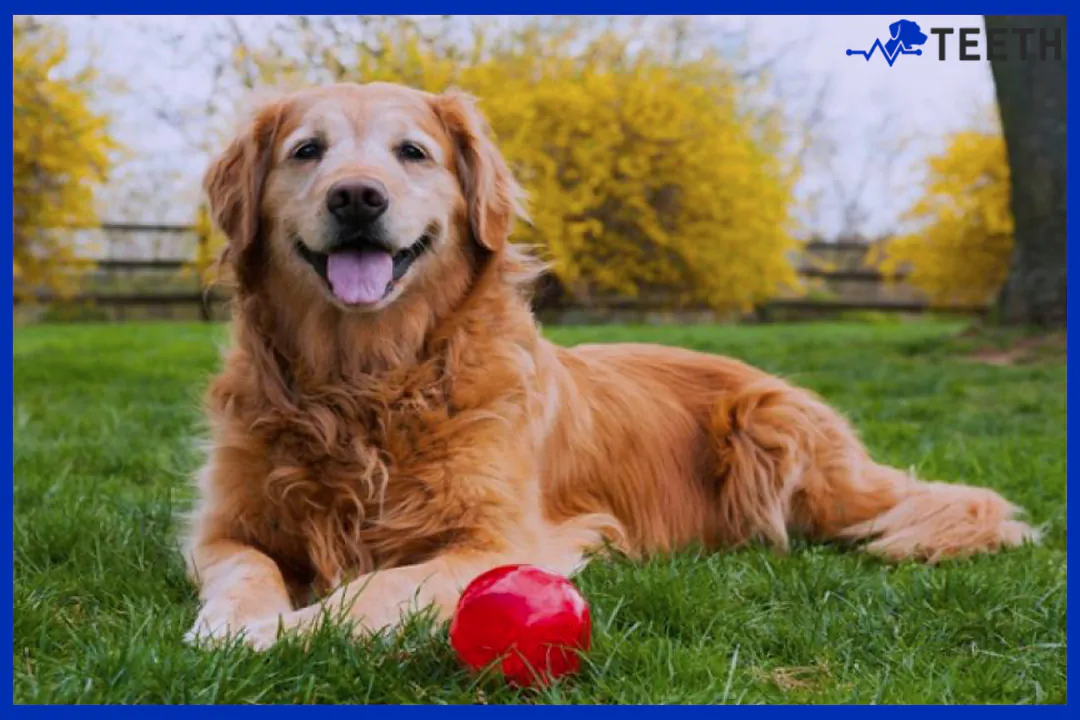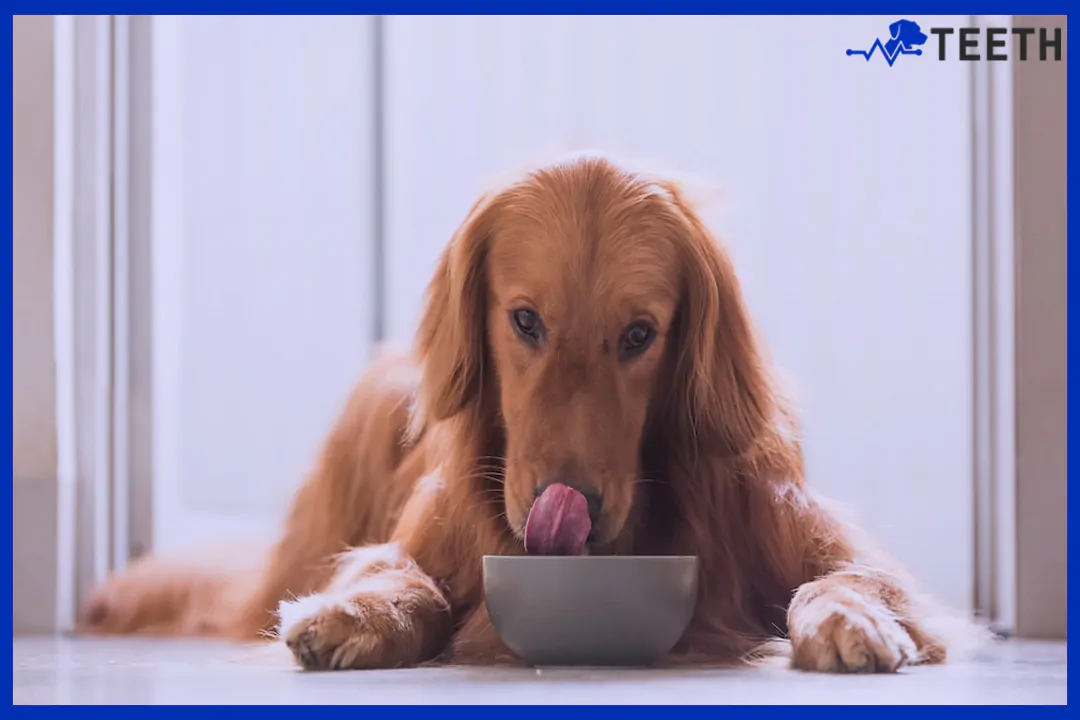How often should dogs get teeth cleaned?. As a responsible pet parent, part of keeping your canine healthy means paying close attention to his or her dental hygiene. A common question among dog owners is ‘When should I clean my pup’s teeth?’ This article explores the maintenance of canine dental health, highlighting breed-specific requirements and the advantages of regular dental cleaning, such as preventing periodontal disease.
Start Early for dental care.
Dental care for dogs should begin as soon as their permanent teeth begin appearing, typically around six months of age. As dogs age, they may need more regular professional dental cleanings. Starting dental care early is crucial to avoid issues and maintain their oral health.
Breed-Specific Dental Needs: Individualizing Care.
Different dog breeds require various levels of dental care. Smaller dogs tend to experience more dental issues due to the size and positioning of their teeth; larger canines could experience different problems altogether. Being aware of your pet’s individual requirements for dental health care will ensure effective dental treatment is provided.
How Often and How Should One Clean.
In dog dental care, regular brushing and periodic professional cleanings are key. Ideally, owners should brush their dog’s teeth daily, though the frequency of veterinarian visits can vary based on the dog’s breed, age, and overall dental health. It’s best to brush as often as possible – daily is highly advised! Professional cleaning sessions vary – some dogs need frequent sessions while others only require less frequently scheduled ones – it all depends on individual breed needs! A vet is best placed to assess these individual requirements according to breed, age and overall dental health considerations.
Preventive Measures: Going Beyond Brushing.
As well as regular brushing, including dental treats and chews into your pet’s routine can greatly enhance its oral health. These products specifically designed to reduce tartar build-up can prevent periodontal disease; in addition, dental x-rays provide early detection and management of potential dental issues.
Professional Dental Care: An Essential Component.
Professional cleaning, which is more thorough than home care, typically involves scaling to remove plaque and tartar, along with a comprehensive examination of the teeth and gums. This process is crucial for evaluating and maintaining your pet’s oral health and preventing future dental problems. Regular professional dental check-ups will keep their gums in great health as well as protect their oral hygiene!
Understanding Periodontal Disease in Dogs.
Periodontal disease, common in dogs, often results from poor dental care. Without regular professional and home care, it can lead to serious health problems beyond the teeth and gums. Regular preventative dental visits will go a long way toward safeguarding against this serious health concern. Regular preventive dental visits at both locations is crucial in keeping periodontal disease at bay.
Nutritional Aspects of Dental Health Through Diet.
Diet is key when it comes to keeping your dog’s teeth in optimal health, helping reduce plaque and tartar build-up and support dental wellness. Speaking with your veterinarian is recommended when selecting an optimal diet plan that will suit their specific dental requirements.
Dental X-Rays as Part of Dental Care.
Dental x-rays can provide veterinarians with an invaluable way to detect hidden dental issues in dogs. By giving veterinarians a full picture of all teeth, gums and jaw structures a vet is better able to spot problems which might not be apparent visually.
Why Dogs Require Dental Cleanings: The Bottom Line.
Regular dental care for your dog goes far beyond keeping their breath smelling sweet; it is vital for their overall wellbeing. Dental cleanings help prevent oral diseases that could have far reaching health implications and taking proactive measures can ensure longer, healthier lives for our furry companions.
Conclusion.
Dental cleaning frequency depends on many variables for dogs, such as their age, breed, and overall dental condition. Regular home care combined with professional teeth-cleanings is crucial in protecting and maintaining oral health for your pup – remember, having healthy gums contributes directly to overall wellbeing in animals!
For further insights on pet health and care, explore resources such as Integricare and New Zealand Rabbit Club.



